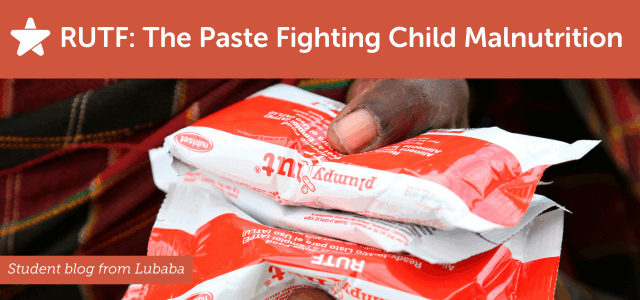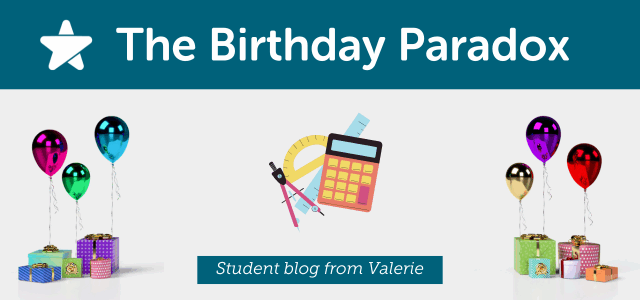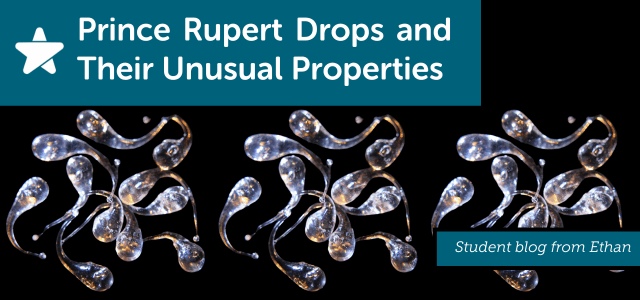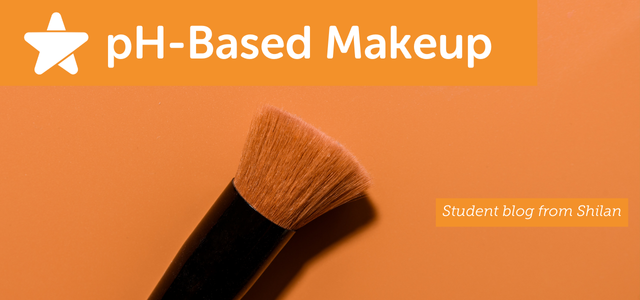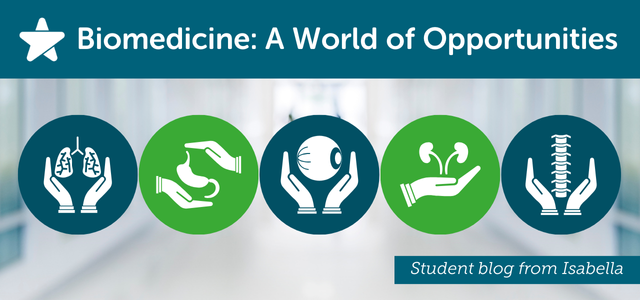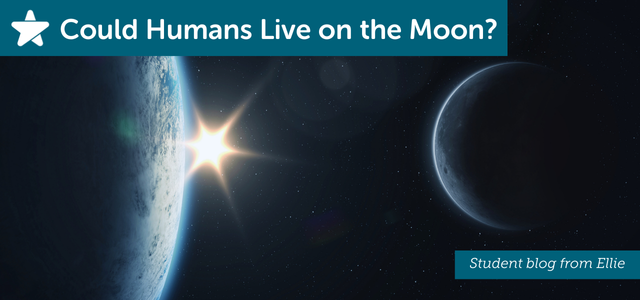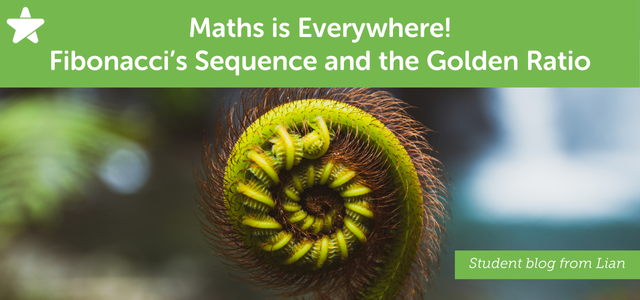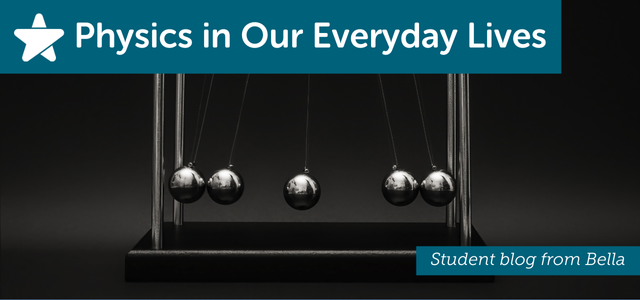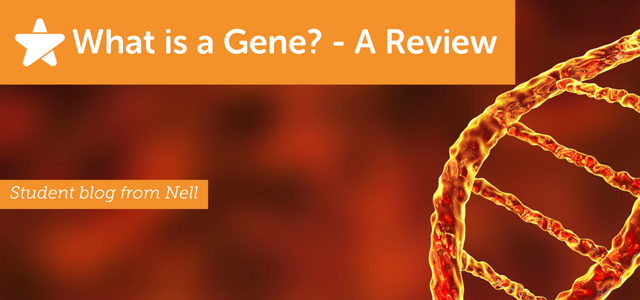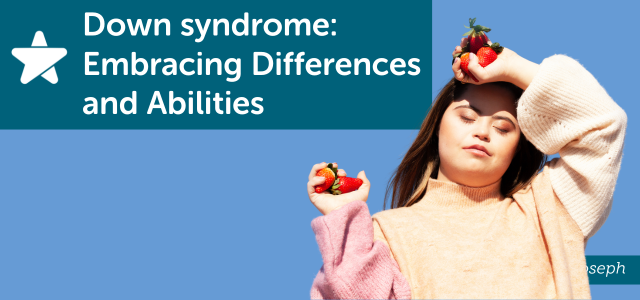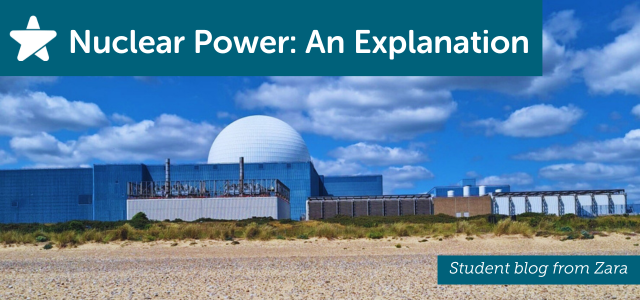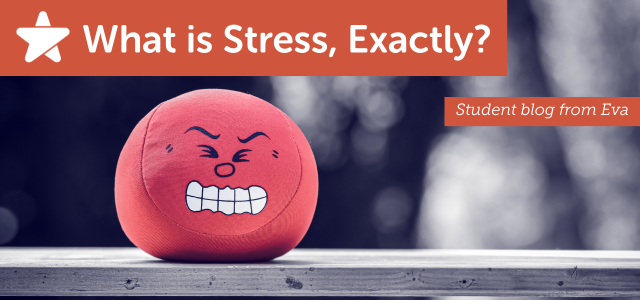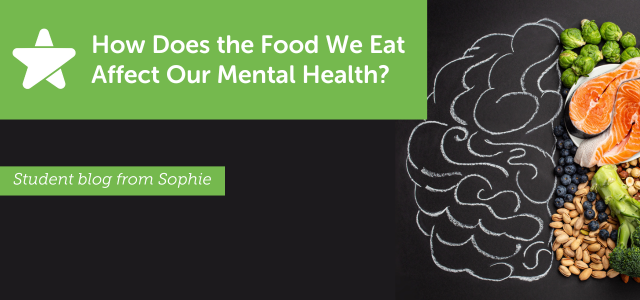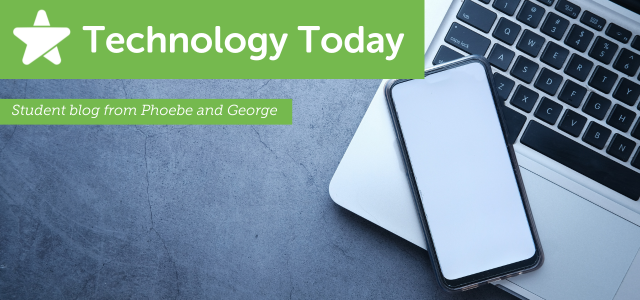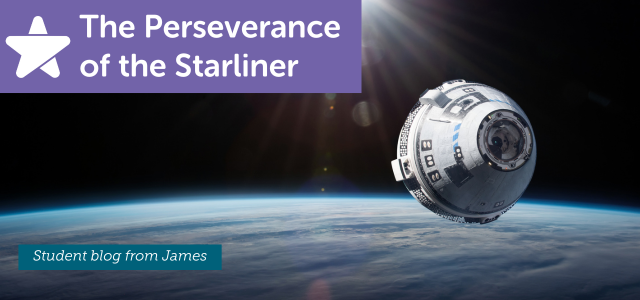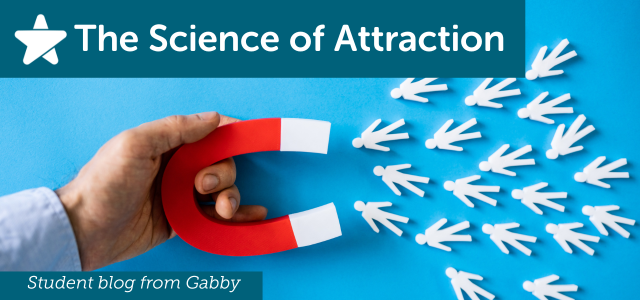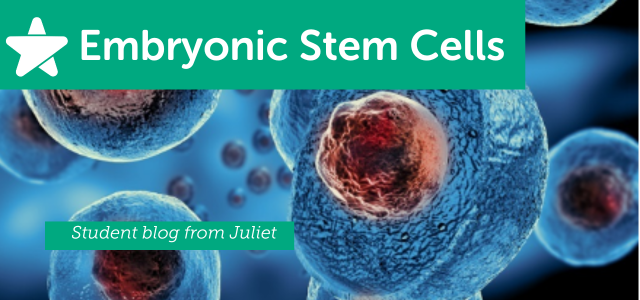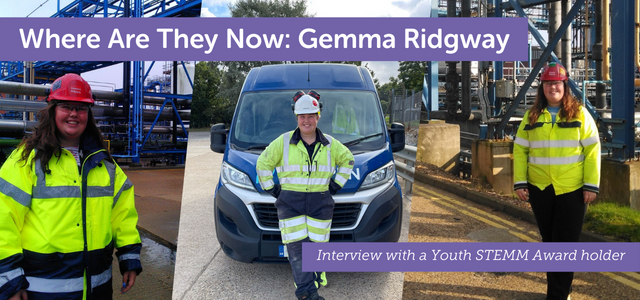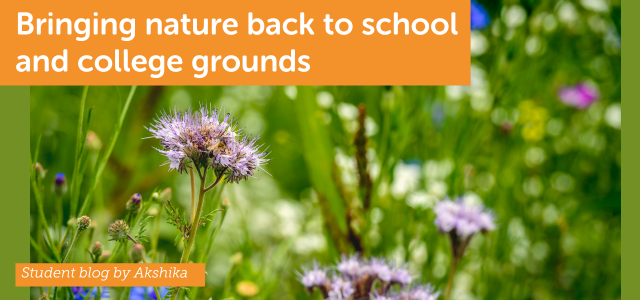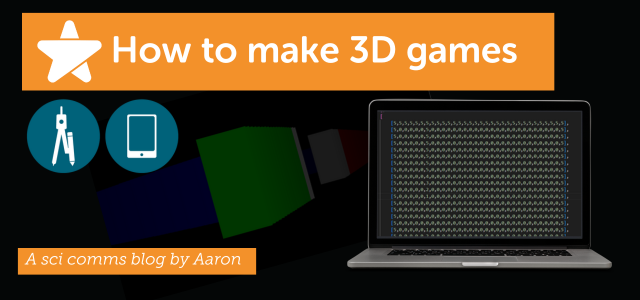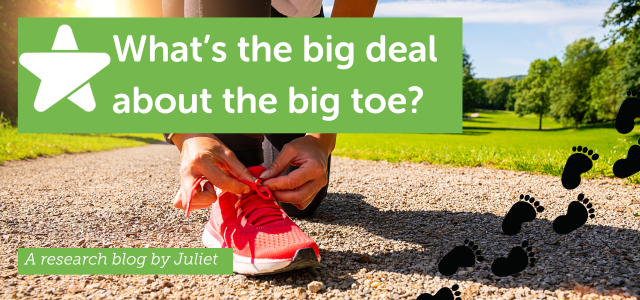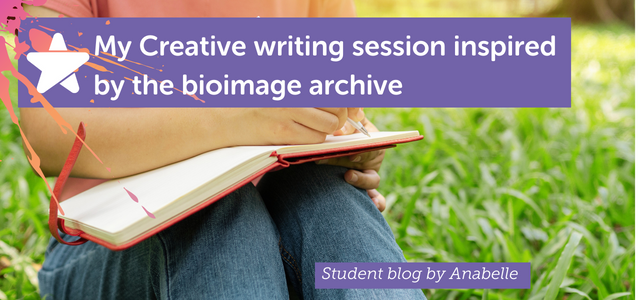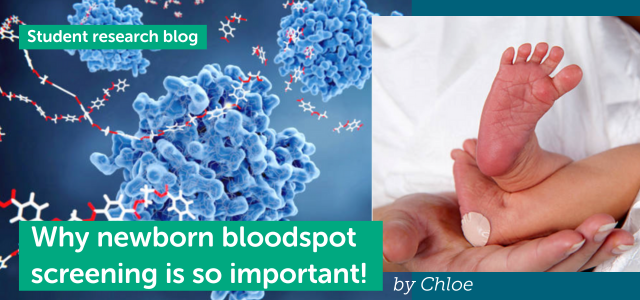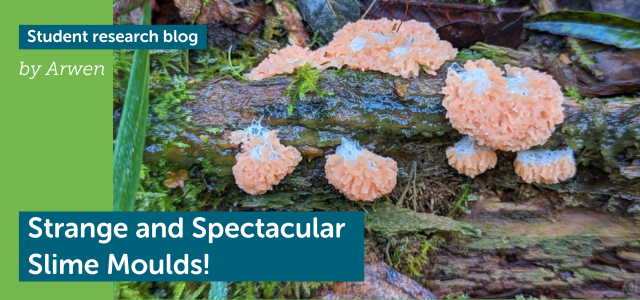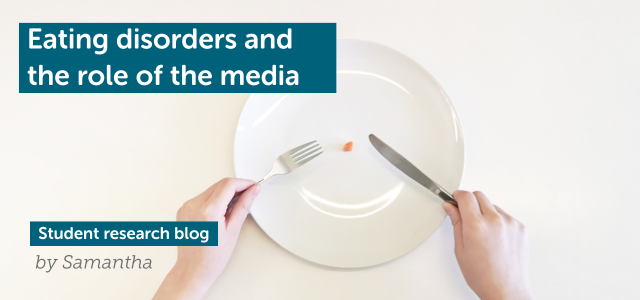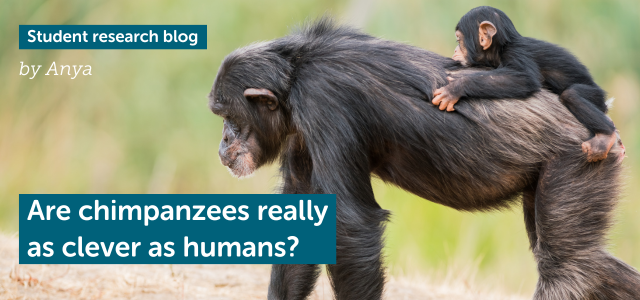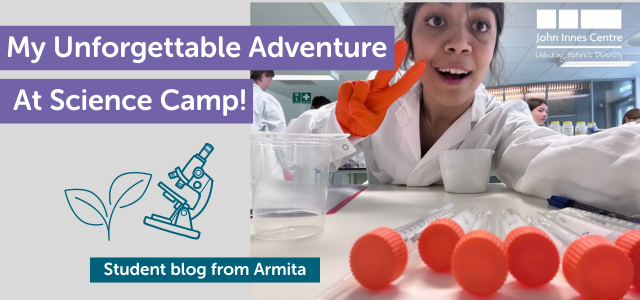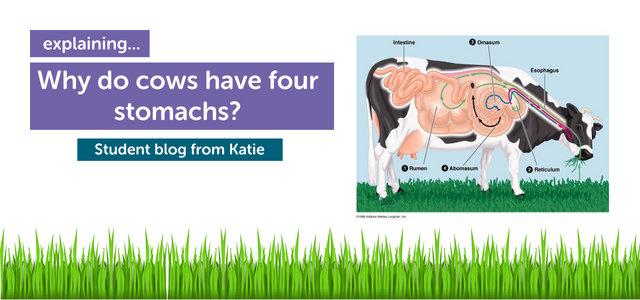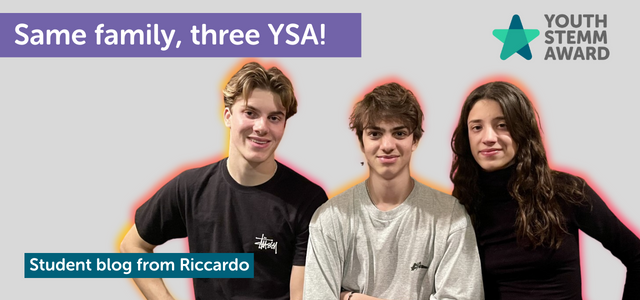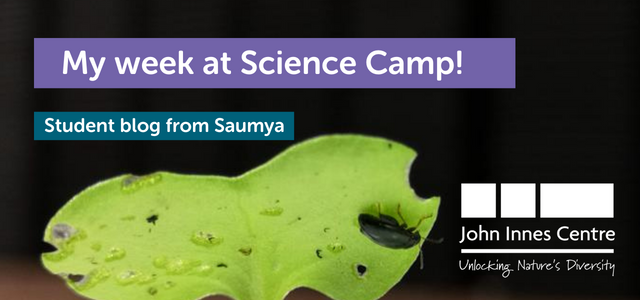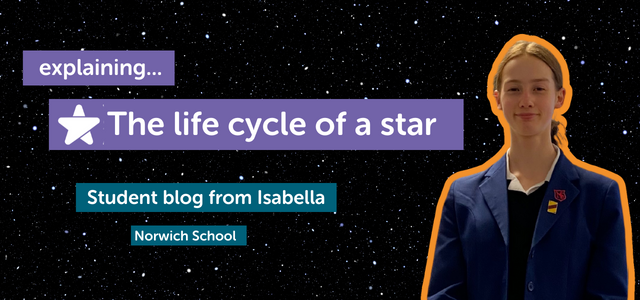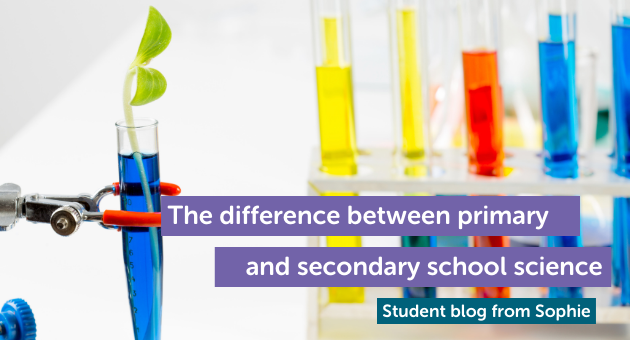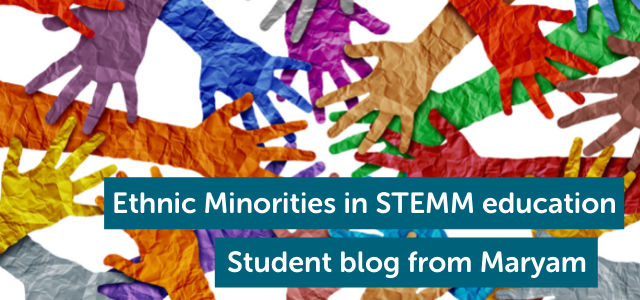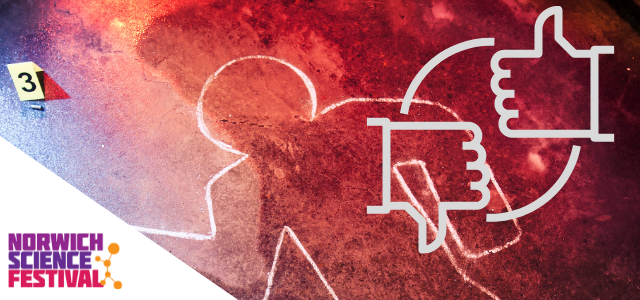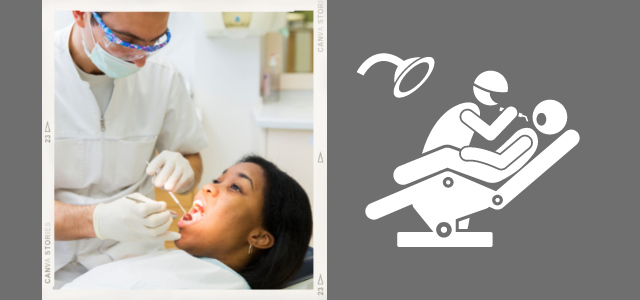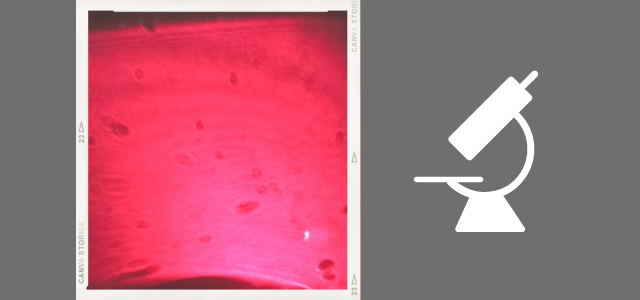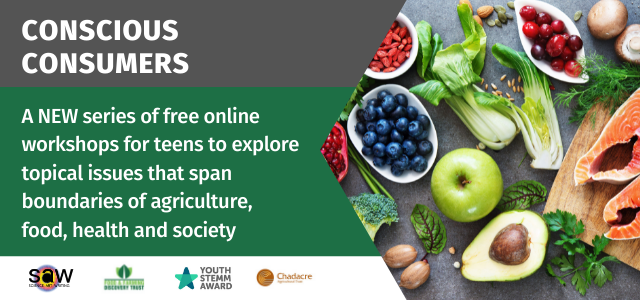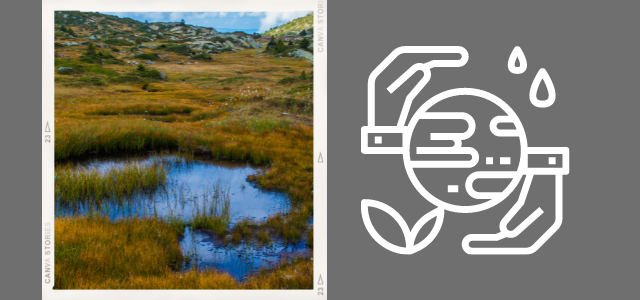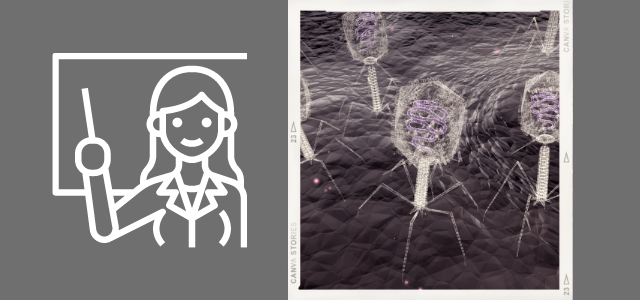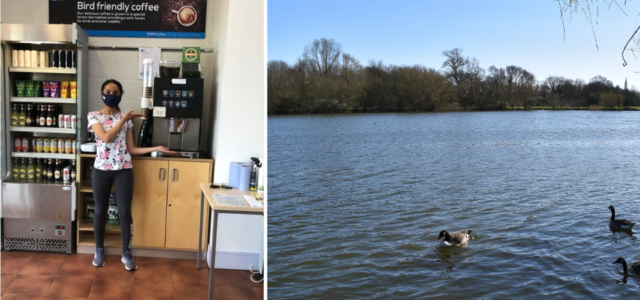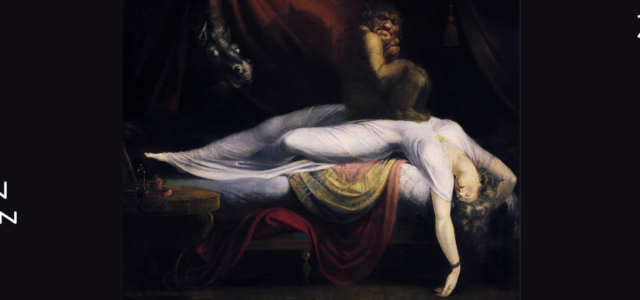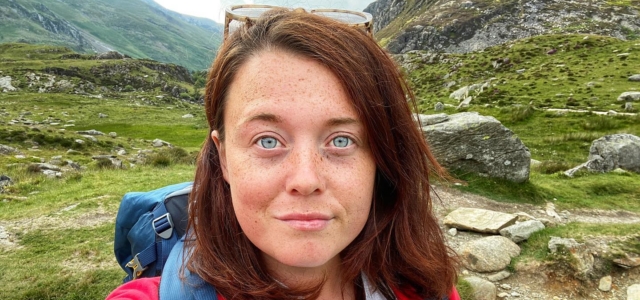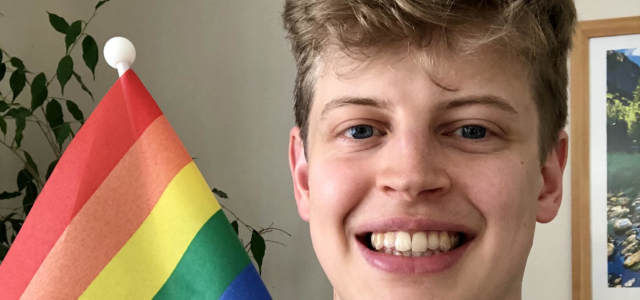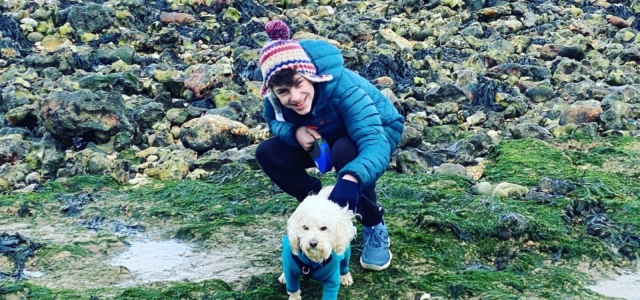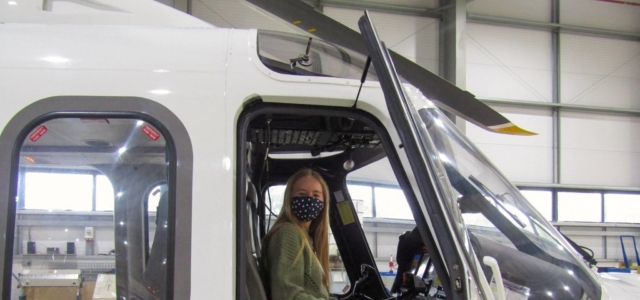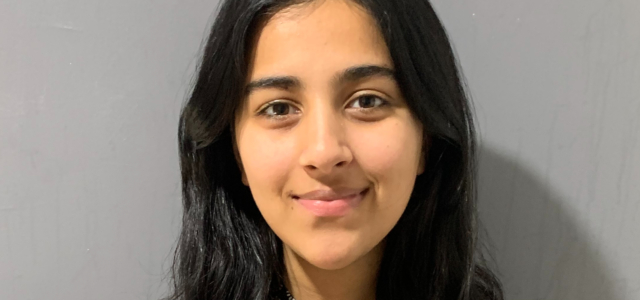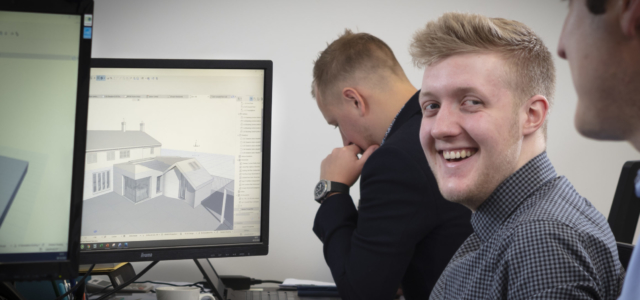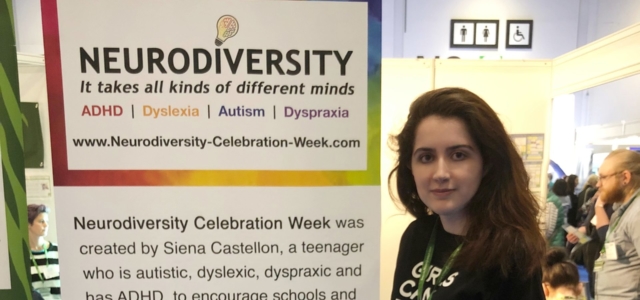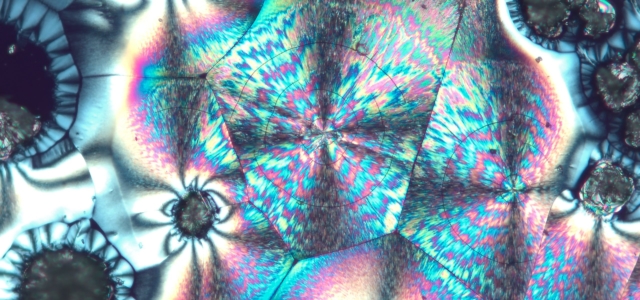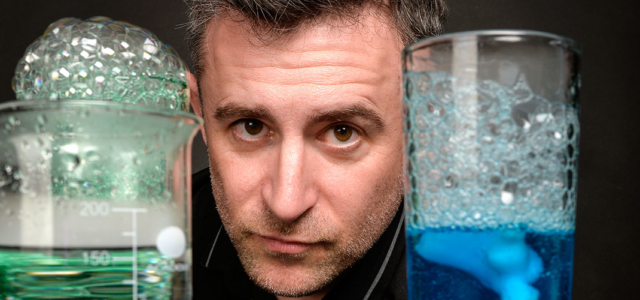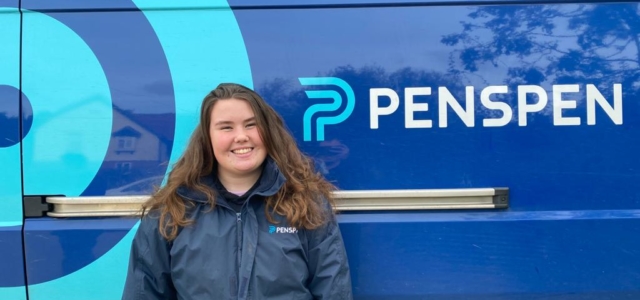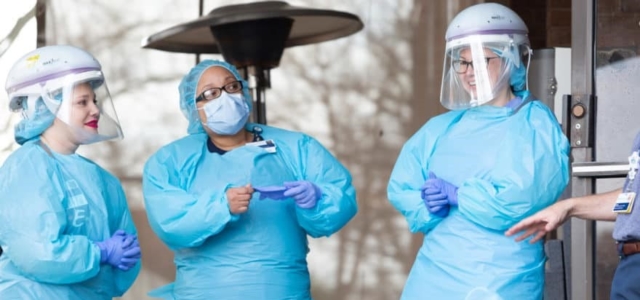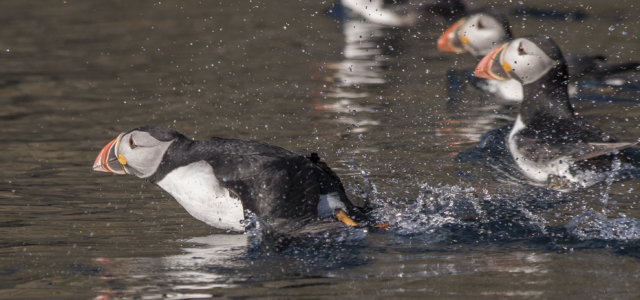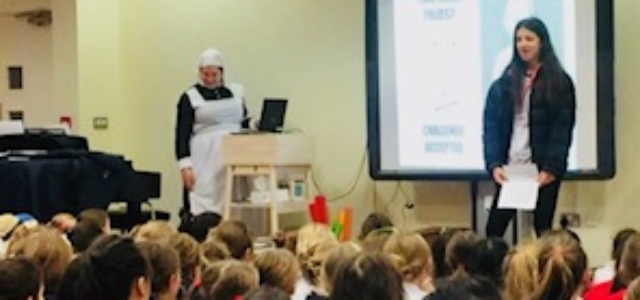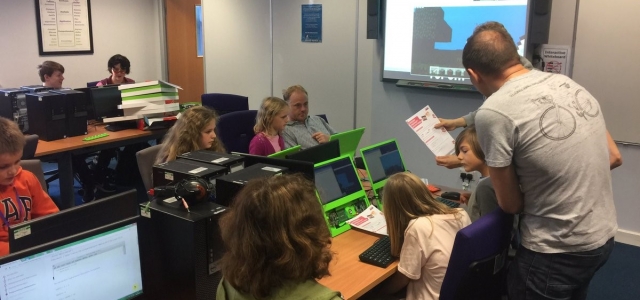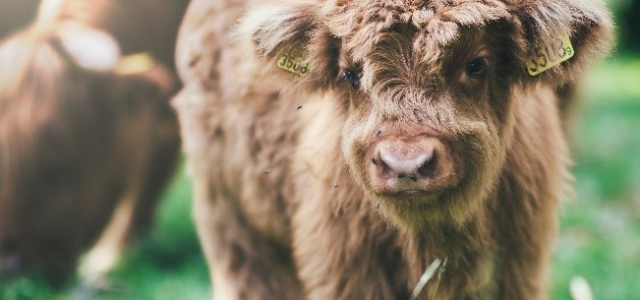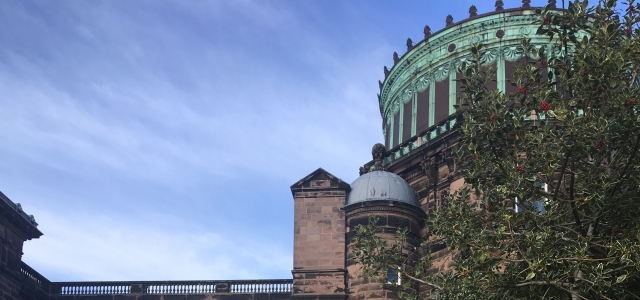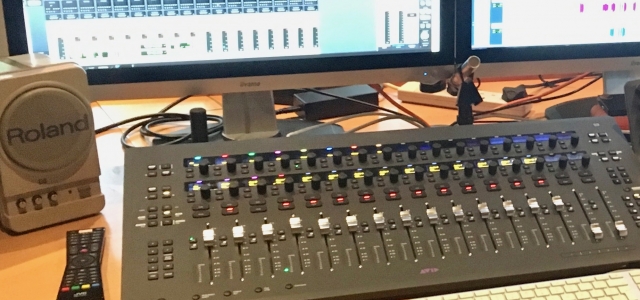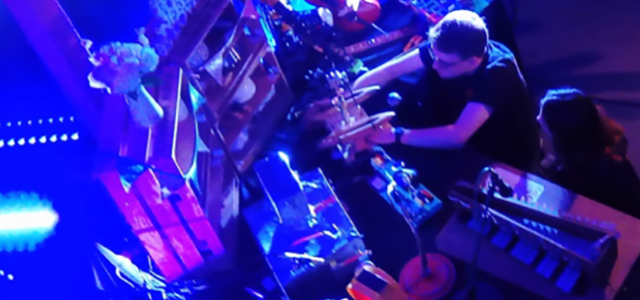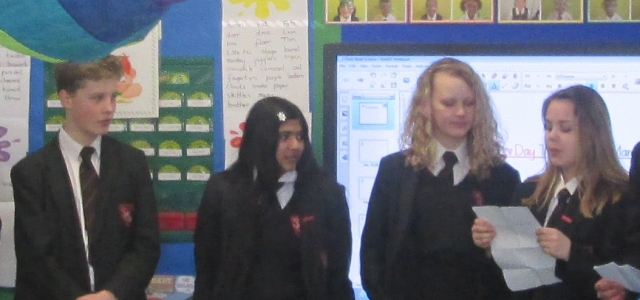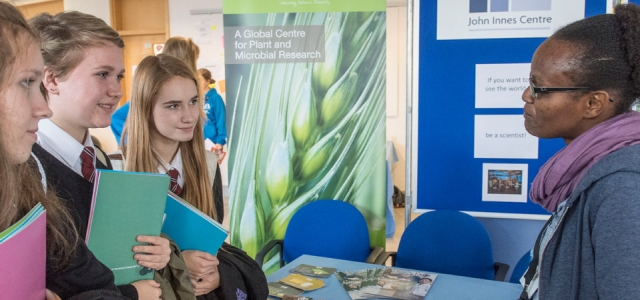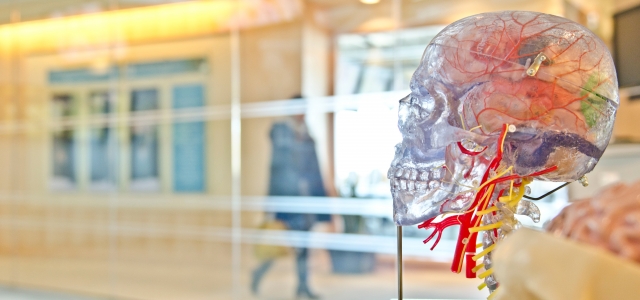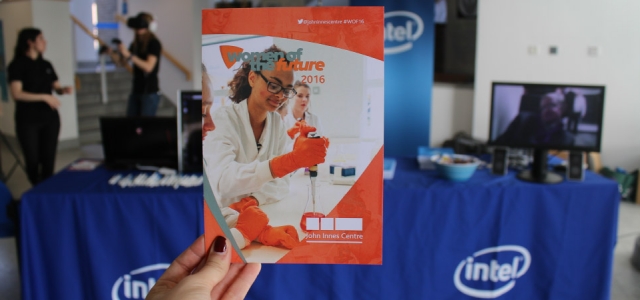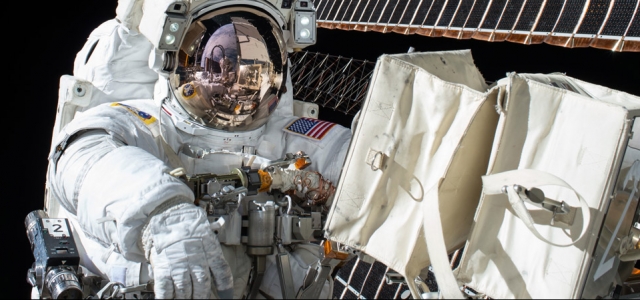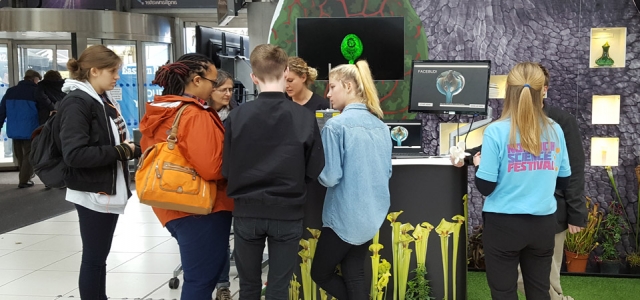As a child, what did you want to be when you grew up?
When I was younger, I remember first falling in love with science through reading books about physics and the solar system. I always found it fascinating to learn about the history of space travel and how much we still had to learn about the universe. Translating this into a job was much harder though – perhaps because my parents didn’t go to university so accessing information about career options and types of work was difficult. My thoughts at the time were on jobs that used lots of physics and maths but mostly for theoretical work rather than anything hands-on. I also did lots of gymnastics as a kid so I was simultaneously dreaming of being at the Olympics one day too!
So what influenced your decision to pursue a different career?
As much as I liked physics, it was the chemistry and biology that captured my imagination as I moved through A levels and into my undergraduate degree and PhD. At school, these subjects had more practical laboratory work which I really enjoyed as the experiments seemed to follow logical steps in my head and involved lots of problem solving. This continued through my undergraduate degree and towards the end of it, as my confidence grew, I knew I wanted to carry on in research with a PhD.
I loved my PhD overall because it involved lots of different things – practical laboratory work, data analysis, teaching, writing, presenting at conferences, travel, speaking with non-specialist public audiences, and much more. Whilst I liked the laboratory work, I found I was particularly motivated by sharing my love for science with people outside the university and giving people an insight into what working in science is like. I wanted to pursue this further so after finishing my PhD I started working in science communication and engagement.
So now you’re all grown up, what do you do for a living?
I now work in science communication and my official job title is Public Engagement Officer at the Earlham Institute (a research institute on the Norwich Research Park). I started in March 2021 and work in the Communications Team where I help scientists share stories about their work so everyone can hear about all the amazing things going on in Norwich, and how they can get involved. I mainly work on a biodiversity project called Barcoding the Broads and we’re currently setting up science education activities with local schools and nature groups on the topics of genomics, climate change, evolution and conservation. This will involve learning more about all the living things on the Norfolk Broads – animals, plants, fungi and tiny single-celled organisms called protists – and how we can help protect them by studying their DNA.
Is there anything you do within your job that most people wouldn’t expect?
The thing I love most is the variety of work that jobs in science and science communication can give. In my current job, for example, some days I’ll be planning and running public events, on others I’ll be in front of the camera making videos about my work, and sometimes I’ll even be back in the laboratory perfecting new techniques for an upcoming training session. It’s this mix of activity that keeps me interested in what I do and means I’m always learning new things!
If you could go back and tell the younger Sam some cracking advice, what would it be?
Don’t be afraid to try out new things and it’s ok if you don’t know exactly what you want to do in the future. When I was younger, I always worried about giving something a go and not being very good at it – but as I got older I realised those experiences are exactly what helped me to grow and develop as a scientist/communicator and slowly start believing in myself. I’d also say that it’s fine to be your authentic self in everything you do and that wider interests and activities outside work aren’t something to hide away so the focus is only ever on the science.
And for all those in the YSA that face additional barriers to STEMM because of their LGBTQIA+ status, what advice or motivation would you give to them?
It took me a long time to fully embrace being part of the LGBTQIA+ community and accept who I am but I’ve really found my life and work improving by learning to do just that through lots of little steps. I’m really grateful for the support I’ve had along the way and it’s made me realise that being bisexual isn’t something I should be ashamed of or want to keep hidden, it’s just as important as the other aspects of myself like my science, my career or my interest in reading and gymnastics. I’d also emphasise that everyone’s journey is different and that the community is always here if and when you feel ready to engage (and I’m personally always happy to discuss these things in more detail) 🙂

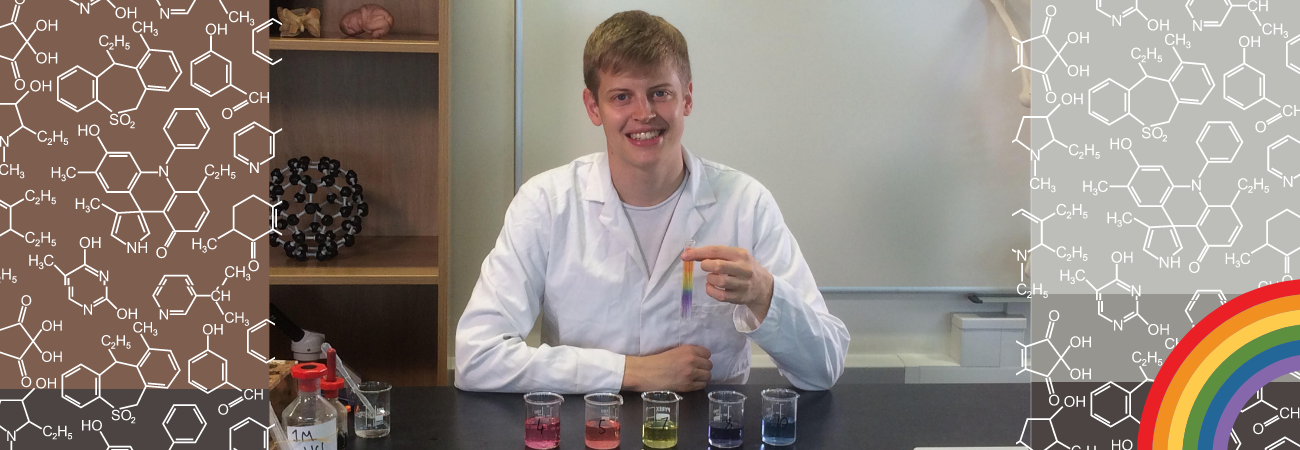
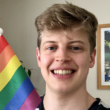 Sam gained his PhD at the University of East Anglia and is now Public Engagement Officer at the Earlham Institute in Norwich.
Sam gained his PhD at the University of East Anglia and is now Public Engagement Officer at the Earlham Institute in Norwich.
